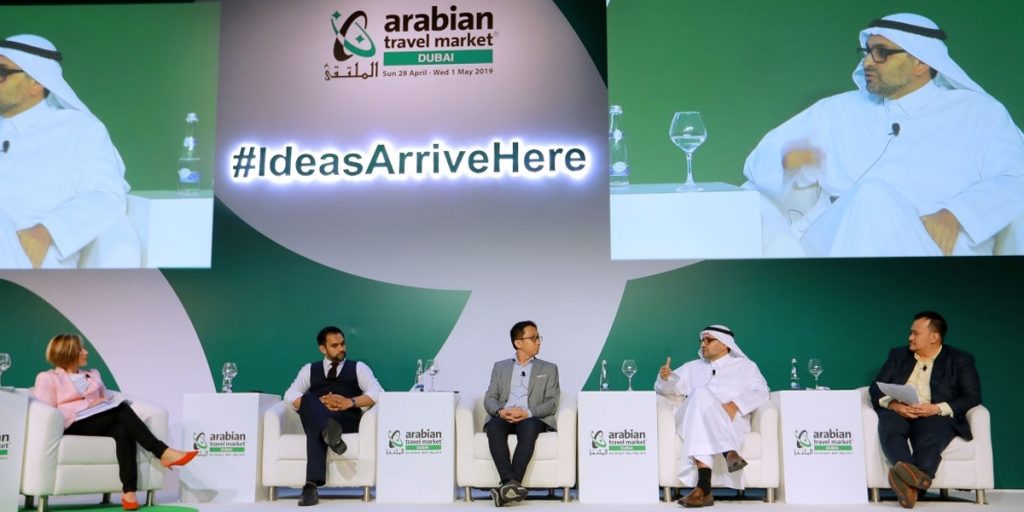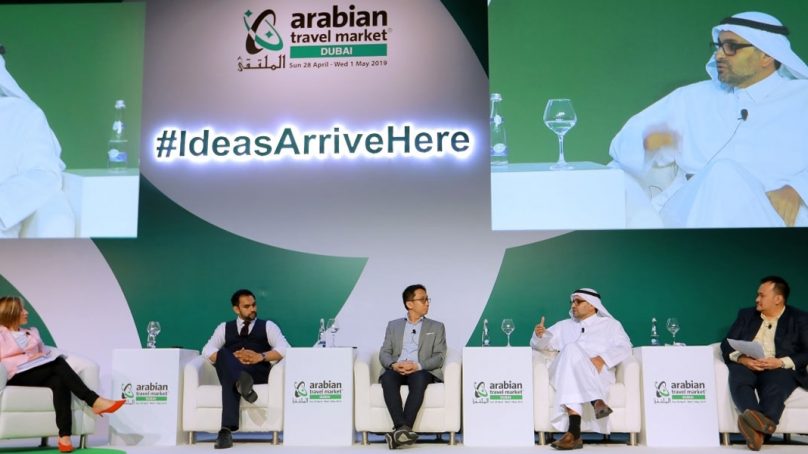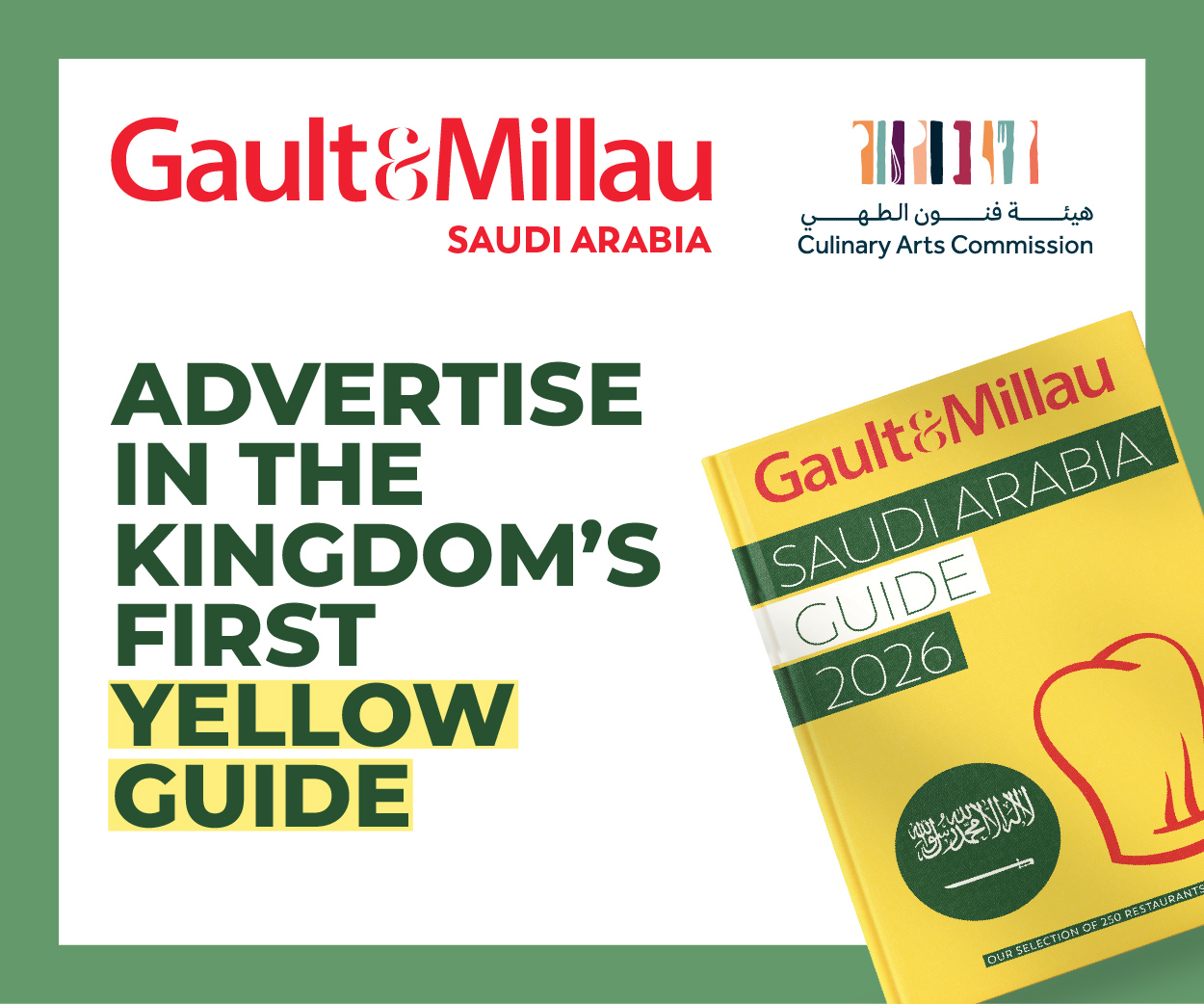 Gulf hospitality operators looking to increase their share of the growing halal tourism market should diversify and digitize their offerings to suit younger generations of Muslim travelers, according to experts speaking at Arabian Travel Market (ATM) 2019. Representatives in attendance came from Wego, DinarStandard, Shaza Hotels, Tripfez, Serendipity Tailormade, Mosafer C by Ummah Collaboration, holidayme, Orange County Visitors Association, Cape Town Tourism and Japan National Tourism Organization (JNTO).
Gulf hospitality operators looking to increase their share of the growing halal tourism market should diversify and digitize their offerings to suit younger generations of Muslim travelers, according to experts speaking at Arabian Travel Market (ATM) 2019. Representatives in attendance came from Wego, DinarStandard, Shaza Hotels, Tripfez, Serendipity Tailormade, Mosafer C by Ummah Collaboration, holidayme, Orange County Visitors Association, Cape Town Tourism and Japan National Tourism Organization (JNTO).
Some of the key findings pertaining to strategies for hospitality operators to expand their businesses should offer tailored, halal-friendly products to appeal to younger Muslim travelers. This will be especially important considering that halal tourism is expected to create 1.2 million jobs in the Middle East by 2020 with more than 40 per cent of Muslim travelers’ global outbound spending coming from the UAE and Saudi Arabia.
With the GDP impact of Muslim travel in the Middle East on course to hit $36 billion by 2020, up from $30.5 billion in 2017, according to Salam Standard, halal tourism represents a lucrative prospect for GCC hospitality brands. Commenting, Mamoun Hmedan, Managing Director of MENA and India at Wego said, “There are new destinations popping up out of nowhere. Developers are building properties from scratch, with halal-friendly offerings that are designed to appeal to younger generations of Muslim travelers. Wego does a lot of work on social media and collaborates with tourism boards to educate people about the opportunities available to them when they travel. We make sure we always have options for our customers to look for properties near to mosques or attractions that may be of interest to Muslim travelers.”
Approximately 41 per cent of Muslim travelers’ global outbound spending comes from the UAE and Saudi Arabia, according to figures released by Salam Standard that found that the Middle East’s total outbound spend is projected to grow to $72 billion by 2020. In addition to emerging trends such as eco, ethical, all-female, experiential, gastro and adventure tourism, panelists also discussed digitization and success stories from ‘non-Muslim’ destinations such as Orange County, Cape Town and Japan.
Chris Nader, Vice President, Shaza Hotels said, “Gen Z and millennial travelers are setting the trends in halal tourism. The biggest challenge for us involves the resort side of the market in providing the privacy and facilities that Muslim guests need while delivering the entertainment they are looking for. It can be a challenge to create that mix. Whenever we create a resort, we have to develop something that is culturally relevant to the location. Travelers are no longer looking for ‘just a hotel’; they want to know what we can offer in terms of experiences. So, Muslim travelers don’t necessarily need to see halal branding but they do need to know that halal services are available.”
Industry-wide investment in halal tourism-related travel technology currently stands at approximately $40 million, according to research conducted by DinarStandard. Panelists agreed that this figure is likely to grow further in the future, as younger Muslim travelers continue to drive innovation in online services. Faeez Fadhlillah, CEO, Tripfez said, “If you look at the distribution of millennials globally, many of them are living in Muslim-majority countries. In the next 10 years, the youth in this region are going to play a significant role in driving tourism trends. That’s why online travel agencies are so interested in meeting demand from Muslim travelers. Companies are doing everything they can to capture this market.”
Add to Favorites 







 Gulf hospitality operators looking to increase their share of the growing halal tourism market should diversify and digitize their offerings to suit younger generations of Muslim travelers, according to experts speaking at
Gulf hospitality operators looking to increase their share of the growing halal tourism market should diversify and digitize their offerings to suit younger generations of Muslim travelers, according to experts speaking at 






